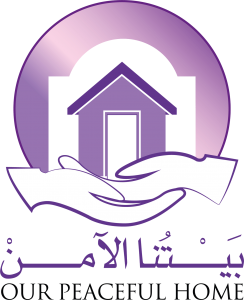Domestic Abuse

“And among God’s signs is this: God created for you mates from among yourselves, that ye may dwell in tranquility with them, and God has put love and mercy between your (hearts): Verily in that are signs for those who reflect.” (Quran, 30:21)
planning for your safety
- If you are in an abusive relationship, it is important to have a safety plan. This is useful whether you are trying to stay in or leave the relationship. Our Peaceful Home domestic violence victim advocate can help you develop a plan according to your needs.
- Plan a warning sign with your family, friends, or neighbors so that they can call the police if you are in danger or you are afraid or unable to call the police yourself.
- Tell someone trustworthy about it. Telling someone is a way of relieving your suffering, breaking the silence, and the first step to getting help.
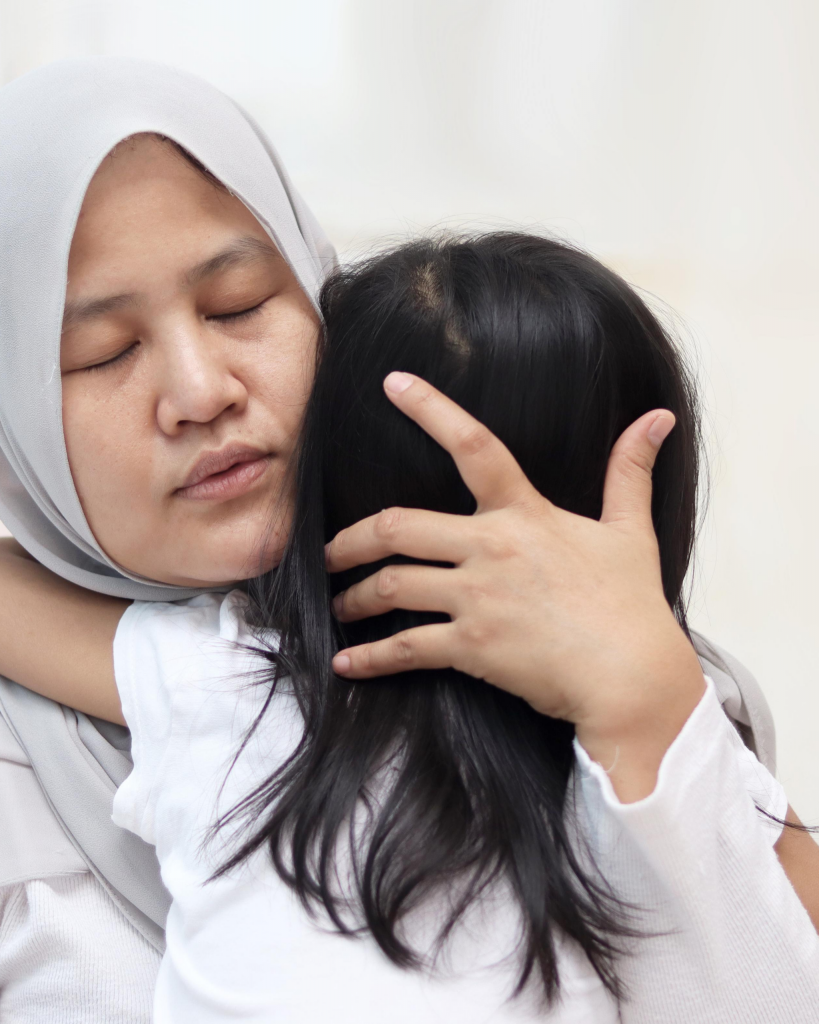
- Plan an escape route and a safe place to go if you believe you are in danger, teach it to your children.
- Pack a bag with important things you would need if you had to leave quickly; put it in a safe place, or give it to a friend or relative you trust. Include cash, car keys & important documents such as court papers, passport or birth certificates, medical records & medicines, immigration papers.
- Read the Quran and pray; make Dua. Ask Allah to
give you the strength and courage you need.
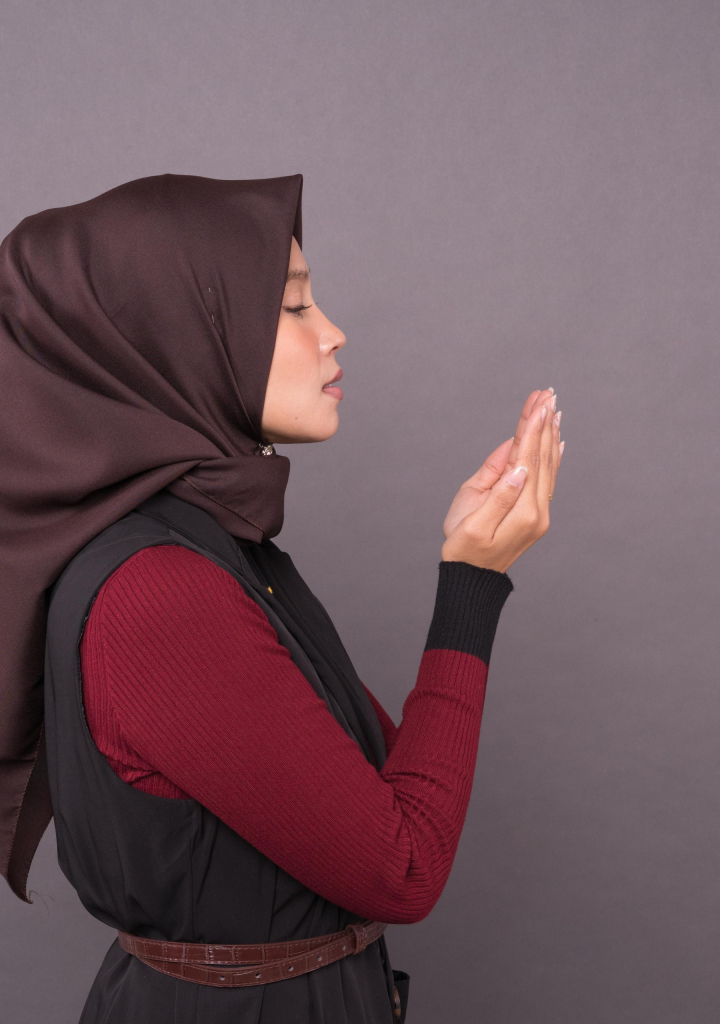
Predictors of Domestic Abuse
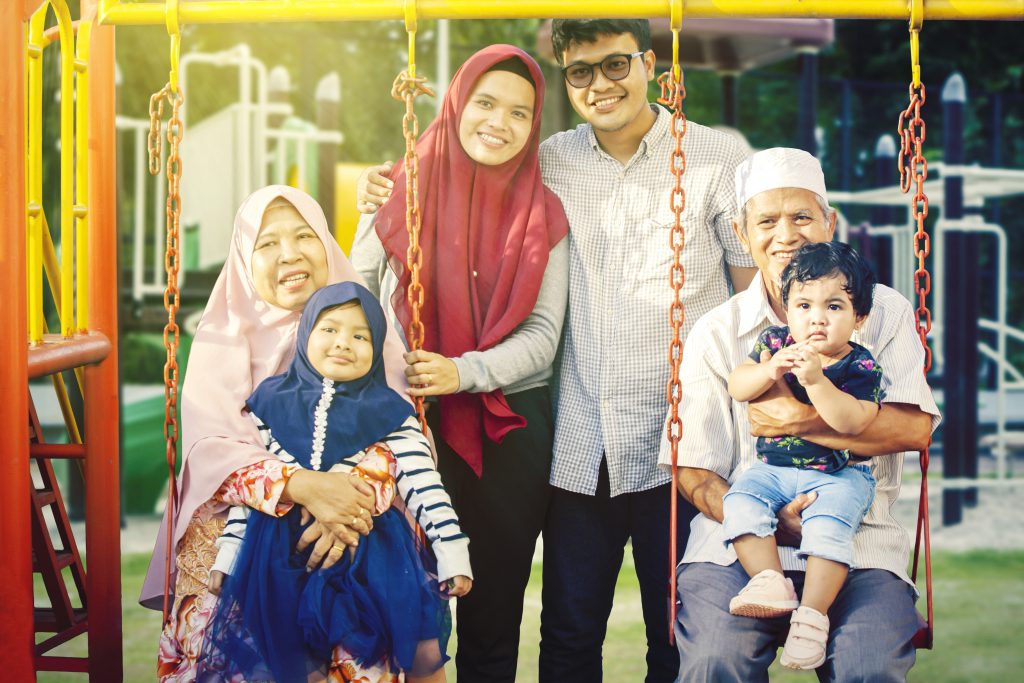
- Growing up in an emotionally and/or physically abusive family.
- The tendency to use fear, force or violence to “solve” problems
- Rigid ideas about gender roles that are culturally based and resistant to change, even when presented with Islamic Teachings that instruct otherwise.

- Jealousy, lack of trust and control of other relationships, including other family members and friends.
- Access to guns, knives or other lethal weapons, along with threats to use them.
- An expectation that all wishes and orders will be fulfilled.
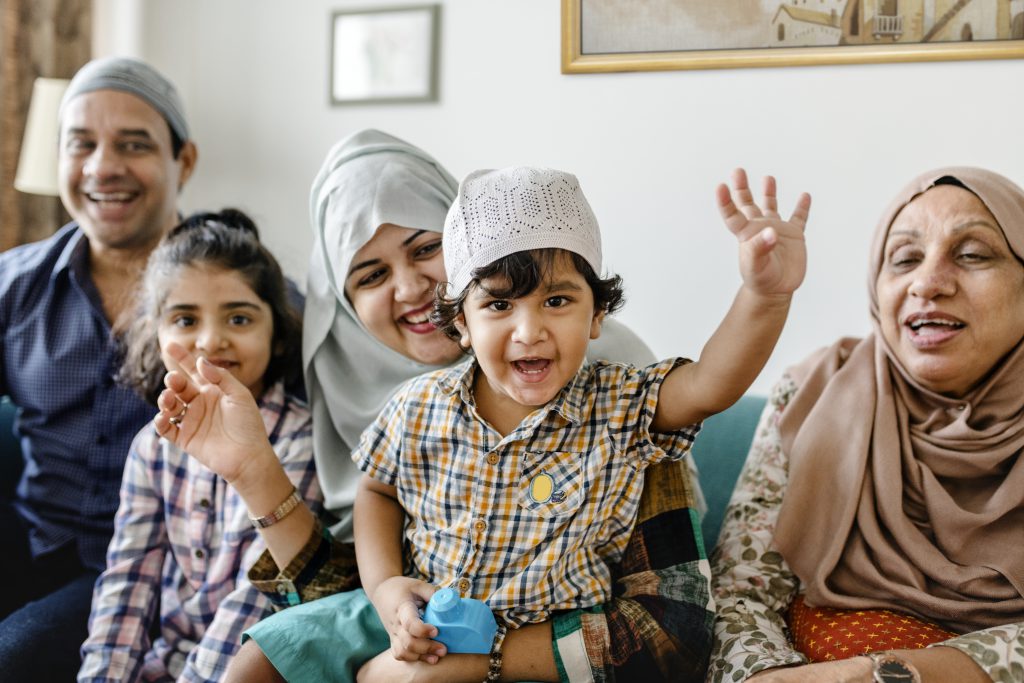
- Extreme highs and lows, extremely kind one time, then extremely cruel another time.
- Creating fear when angry, leading family to walk on eggshells.
- Use of alcohol or other drugs.
who is responsible
Muslims are responsible for preventing oppression and injustice. This includes supporting and assisting those experiencing abuse within their own homes. Muslims have a moral and religious obligation to speak out and try and stop emotional, verbal, financial, spiritual, physical and sexual violence.
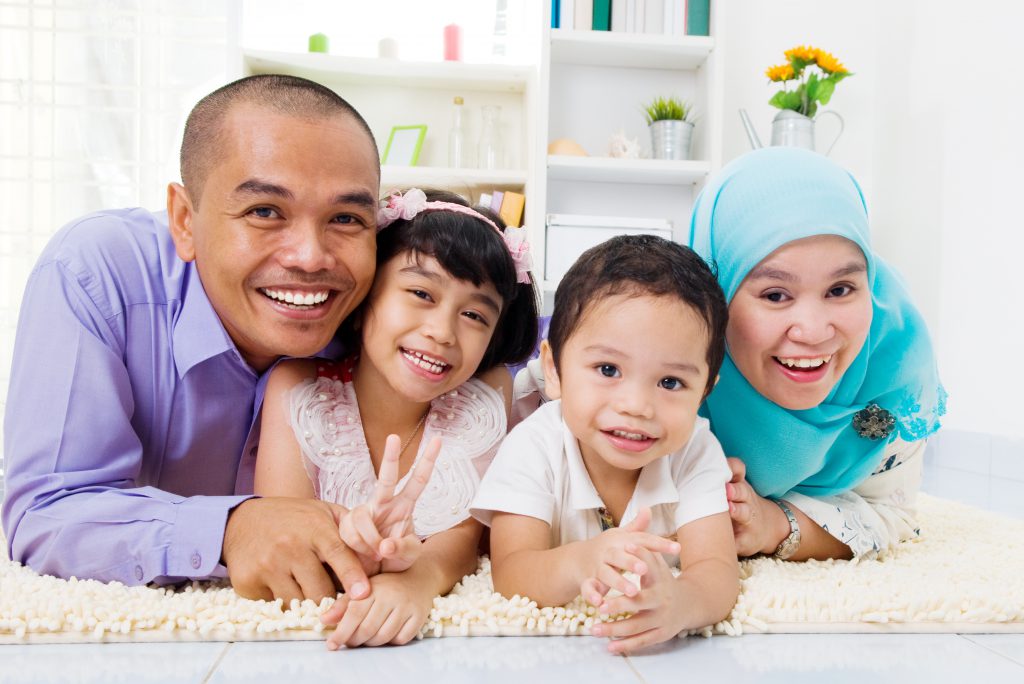
effects of domestic Abuse on children
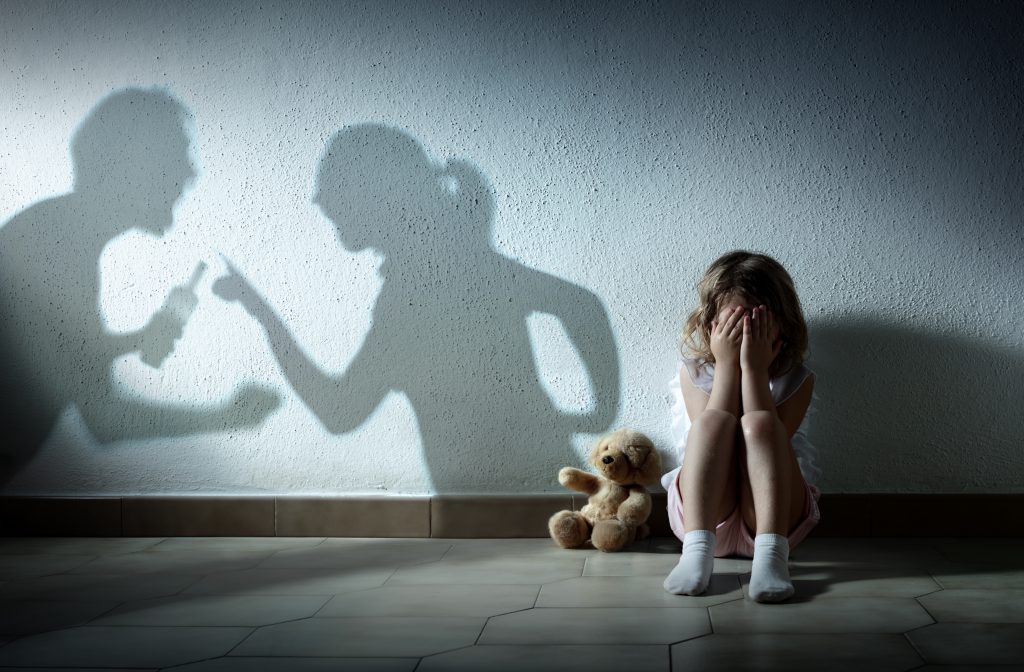
Domestic abuse affects children even if they are not abused themselves. Domestic violence in the home has a lasting impact on children. Known as Adverse Childhood Experiences, these can cause lifelong developmental, emotional, physical, social and mental problems.
CHILDREN WHO WITNESS DOMESTIC ABUSE
- Inability to do well in school due to poor concentration, difficulty sleeping, disorganization.
- Lack of interest, withdrawn, lack of energy.
- Angry outbursts, refusing to obey rules, poor decisions.
